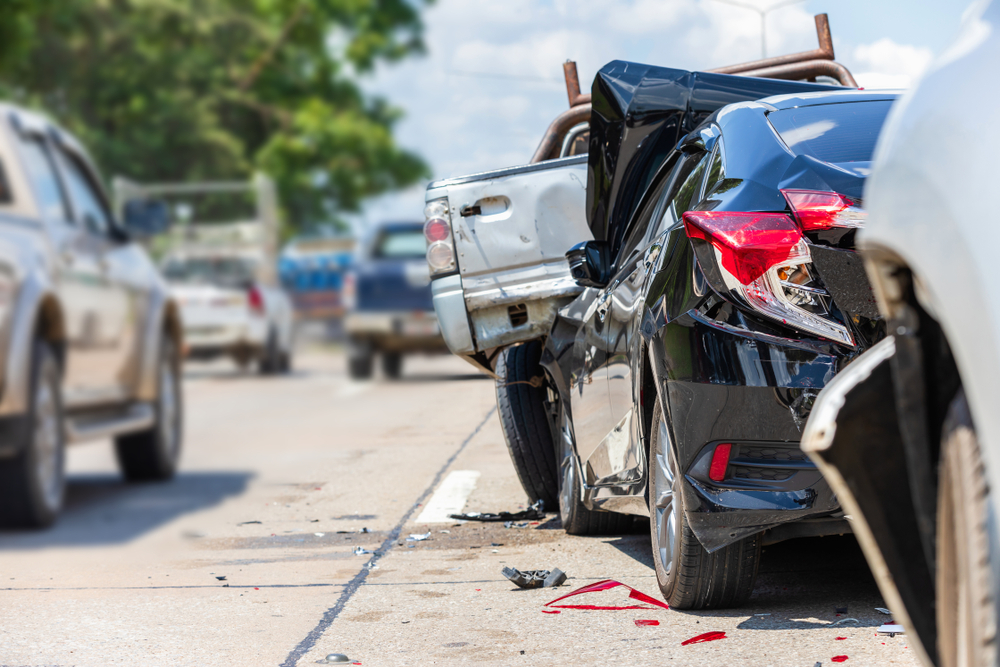California’s Comparative Negligence Law: Understanding Liability in Car Accident Cases
In the realm of California car accident law, understanding the principles that govern liability and compensation is crucial for anyone involved in a collision. One specific law that has a significant impact on car accident cases in California is the doctrine of Comparative Negligence, which determines how liability and damages are apportioned among parties involved in an accident.
Understanding California’s Comparative Negligence Law
California follows the doctrine of Comparative Negligence, which is outlined in California Civil Code Section 1714. This law recognizes that more than one party may be at fault for an accident and allocates liability accordingly. It allows for the apportionment of fault and damages based on the percentage of negligence attributed to each party involved.
Under Comparative Negligence, a car accident victim can still recover damages even if they were partially at fault for the accident. The amount of compensation awarded is reduced by the percentage of fault assigned to the victim. For example, if the total damages are $100,000 and the victim is found to be 20% at fault, their recovery would be reduced to $80,000.
Implications of Comparative Negligence Law
The Comparative Negligence law has significant implications for car accident cases in California:
Shared Responsibility: This law recognizes that multiple parties can contribute to an accident. It ensures that each party is held accountable for their share of the fault.
Reduction of Damages: Comparative Negligence allows for a reduction in damages awarded to a victim based on their degree of fault. It promotes fairness and proportionality in compensating accident victims.
Preservation of the Right to Recover: Even if a victim is partially at fault, they can still seek compensation for their injuries and losses, albeit reduced by their percentage of fault.
The application of Comparative Negligence in a car accident case can be complex, requiring a thorough investigation, collection of evidence, and a solid legal argument to determine fault and the degree of negligence. Additionally, negotiating with insurance companies and ensuring fair compensation can be challenging without the assistance of a skilled legal professional.
An experienced car accident lawyer in California can provide invaluable assistance in navigating the complexities of Comparative Negligence. They can gather evidence, establish the degree of fault, negotiate with insurance companies, and advocate on behalf of the accident victim to ensure they receive fair compensation for their injuries and losses.
In conclusion, California’s Comparative Negligence law is a critical statute that determines how liability and damages are apportioned in car accident cases. Understanding this law is essential for accident victims to protect their rights and seek appropriate compensation. While this article provides a general overview, the specific circumstances of each case may require individual analysis. Seeking the guidance of a skilled California car accident attorney is essential to navigate the legal complexities, ensuring the proper application of Comparative Negligence, and advocating for the maximum recovery available under the law.
Get in touch with an attorney today at the Neumann Law Group for help with your case.
Reach them at:
Michigan
Mailing Address
Traverse City
300 E Front St #445
Traverse City, MI 49684
Phone: (231) 221-0050
Fax: (231) 221-0051
or
Grand Rapids
250 Monroe Ave NW, #400
Grand Rapids, MI 49503
Phone: (616) 717-5666
Fax: (231) 221-0051
Or
Detroit
400 Renaissance Center #2600
Detroit, MI 48243
Phone: (248) 216-1660
Fax: (231) 221-0051


